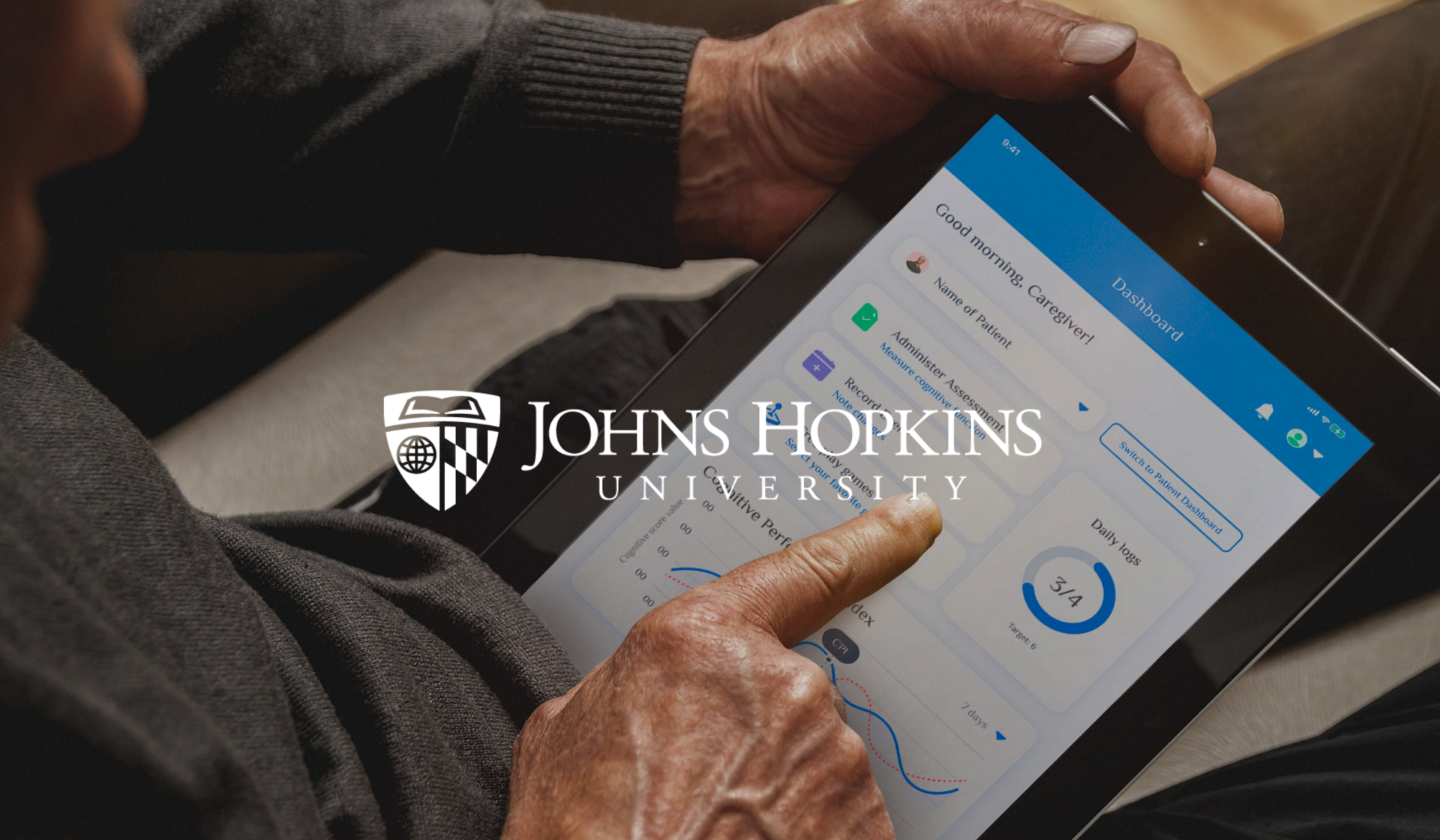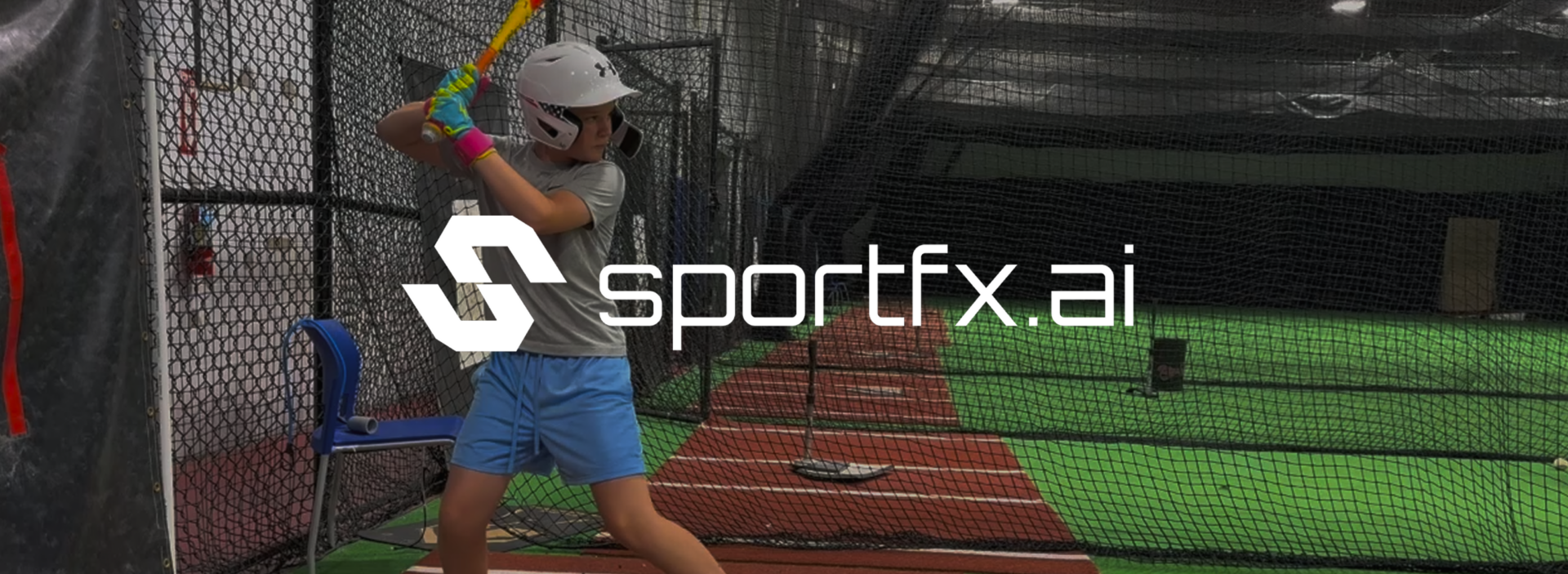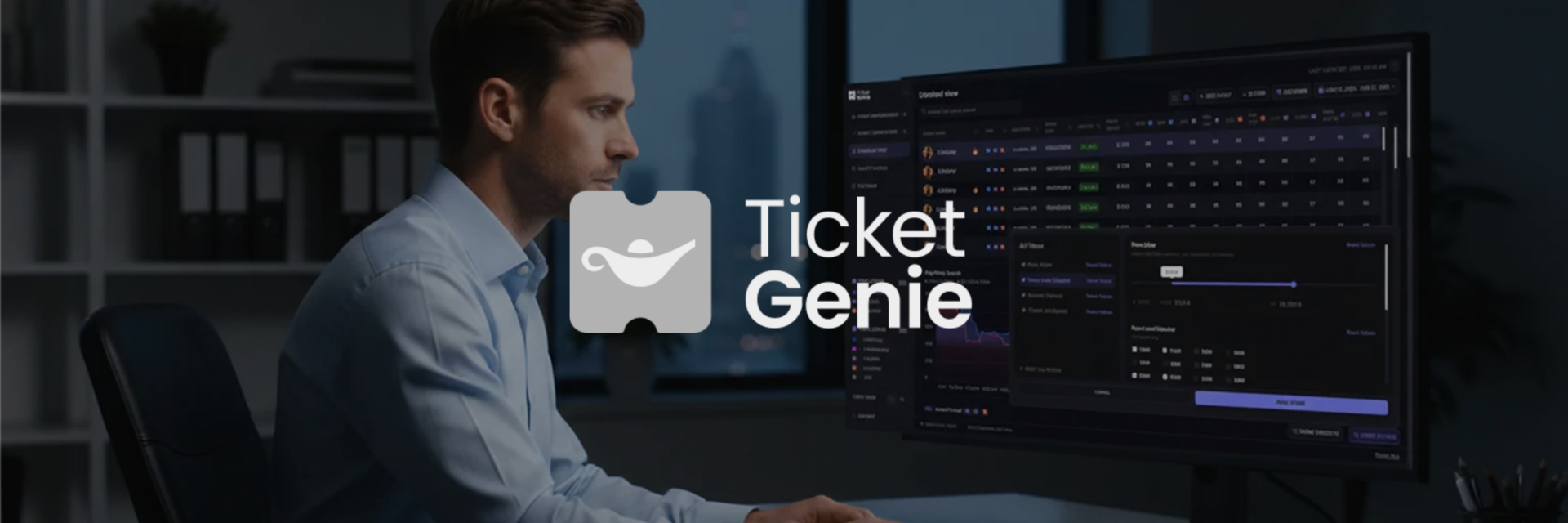The Challenge
Studying cognitive fluctuations was historically bottlenecked by brief in-person evaluations that fail to capture a patient’s natural state. Traditional research lacked scalable tools to monitor patients in their home environments, leaving massive data gaps regarding when and why lucid intervals occur. Also, existing interfaces were often too complex for the elderly or overwhelmed caregivers to navigate consistently.
Solution Implemented
Valere delivered a comprehensive mobile application tailored to Alzheimer’s research, built on a scalable architecture using Node.js and Flutter. The solution features an automated data capture system to record patient data during cognitive fluctuations. By integrating machine learning and data mining, the platform analyzes these fluctuations to identify environmental and internal triggers for lucid intervals. The final product included a unified design system optimized for caregiver usability and accessibility.
Project Meta-Data
- Company: Johns Hopkins University
- Location: Baltimore, Maryland, US
- Industry: Health / Research
- Primary Service: Higher education and medical research
About the Company
Mission
Johns Hopkins University Medical School’s Kuchibhotla Lab is focusing on understanding how distributed brain networks process learning, sensory inputs, and contextual memory. Their long-term goal is to translate neurological insights into breakthroughs for neurodegenerative disorders such as Alzheimer’s disease.
The lab believes cognitive decline is not strictly linear. Even in advanced stages, patients experience moments of clarity. These fluctuations may hold critical insight for treatment development.
Key Leadership
Kishore Kuchibhotla, Assistant Professor at Johns Hopkins University, leads this initiative. His vision was to move Alzheimer’s research from sterile clinical environments into the home, where familiar settings may trigger cognitive recall.
He needed a technology partner capable of building a secure, scalable mobile platform that could handle real-time biometric integration, AI modeling, and caregiver usability. Without compromising research rigor.
The Challenge: Developing a Mobile Research Platform to solve fragmented Alzheimer’s data capture
When Johns Hopkins approached Valere, the research team faced a structural limitation. Alzheimer’s studies were largely confined to in-person clinical visits, which made it nearly impossible to observe cognitive fluctuations as they naturally occurred.
Lucid intervals were unpredictable and often missed entirely. Without continuous monitoring in home environments, researchers lacked the longitudinal datasets necessary to identify environmental or physiological triggers behind these moments of clarity.
The technical landscape further complicated the effort. There was no existing framework capable of combining biometric tracking, sensor input, and structured cognitive testing into a unified mobile workflow. Legacy systems created friction for caregivers and limited adoption, which in turn reduced data reliability.
Why Johns Hopkins University Partnered with Valere for Digital Transformation
Kishore Kuchibhotla and his team selected Valere because they had demonstrated the capability to integrate complex data streams, including wearable biometrics and device sensors, into a cohesive research-grade system.
Beyond technical execution, Valere approached the engagement as a research partnership rather than a software contract. A six-week discovery period was dedicated to wireframes, caregiver journey mapping, and workflow modeling to ensure the platform aligned with the lab’s evolving hypotheses.
Most importantly, Valere brought discipline and realism to the build. The solution needed to be scalable across states, intuitive for an older audience, and adaptable as research advanced.
The Solution: Engineering an AI-Driven Mobile Application with Flutter to quantify cognitive fluctuations
Valere developed Lucidity as a cross-platform mobile research application designed to collect, correlate, and analyze real-world Alzheimer’s data at scale.
The frontend was built in Flutter to ensure consistent performance across tablets and smartphones. The backend architecture, powered by Node.js, enabled secure data synchronization, researcher dashboards, and scalable hosting.
The platform integrates wearable biometrics, including Fitbit data, alongside audio and visual sensor inputs captured during structured brain exercises. This unified architecture allows physiological signals and cognitive performance to be evaluated together rather than in isolation.
Machine learning models analyze patterns across individualized datasets, identifying correlations between environmental context, biometric signals, and cognitive performance. Data mining techniques surface fluctuation trends that would be impossible to detect through periodic clinical observation alone.
The implementation followed a structured progression. Discovery and UX design established caregiver-friendly flows and accessibility standards. Development focused on secure architecture and sensor integration. AI modeling was layered in to transform raw inputs into research intelligence. Beta testing validated usability before national rollout.
The Results
The partnership successfully transformed a complex clinical challenge into a nationwide research tool, providing the Kuchibhotla Lab with unprecedented data access.
Key Outcomes
Business Growth & Funding:
- Secured over $200,000 in funding for future enhancements and ongoing development.
- Selected as one of only 14 pilot projects funded by the JH AITC.
Efficiency & Scalability Gains:
- Scaled across all 50 U.S. states, enabling nationwide data collection.
- Automated data capture reduced the need for in-person clinical administration.
Technical Performance:
- Improved Alzheimer’s data collection accuracy and predictive insights through AI.
- Integrated multi-sensor data capture (microphone/camera) into a single mobile workflow.
User Validation:
- Achieved 90% caregiver satisfaction on the user interface.
The Client’s Perspective
“Our insight is simple: patients with Alzheimer's disease and other forms of dementia do not just get progressively worse. There are moments of clarity or periods of higher cognition embedded in the slow, progressive decline. These fluctuations have been nearly impossible to study in the clinic and are a perfect use case for mobile technologies in the home.”
Kishore Kuchibhotla, Assistant Professor at Johns Hopkins University



